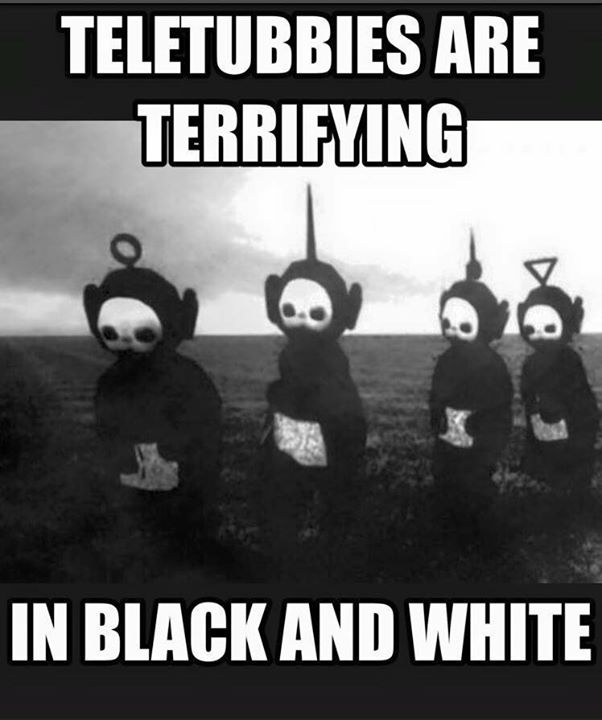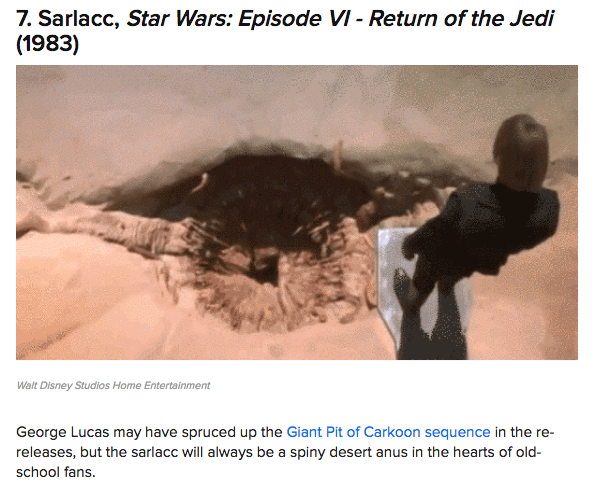“I am No Man” Doesn’t Cut It: The Story of Eowyn, Mariah Huehner, The Mary Sue, January 27, 2015
It says something to me that a WWI vet from a devout Catholic background wrote about a warrior woman in a book published in 1954 that was more feminist than her modern interpretation ended up being.
I know what you’re thinking. “But Eowyn kicked ass! She swung a sword and she fought the Lord of the Nazgûl! She said “I am no man!”
Yeah, I know. And look, I’d really like to tell you that that’s enough for me. But it isn’t.
***
I guess what bugs me most is that they took a legitimately “strong” female character, and by that I mean a complex, flawed, brave, and ultimately a triumphant warrior woman who has her own major arc…and reduced her down to something less than that. To me, strength in a character is about more than their ability to hit or kill things, and while Eowyn’s big moment is certainly defeating The Lord of the Nazgûl, it’s her defiance in the face of insurmountable odds that truly makes her “strong”. I wish the film version had honored that more.
Because that would have been honoring the proto-feminist character Tolkien created.
10 reasons Christian heaven would actually be hell, Valerie Tarico, Salon, February 1, 2015 Continue reading →




![By Khanrak (Own work) [CC BY-SA 3.0 (http://creativecommons.org/licenses/by-sa/3.0)], via Wikimedia Commons By Khanrak (Own work) [CC BY-SA 3.0 (http://creativecommons.org/licenses/by-sa/3.0)], via Wikimedia Commons](http://crypticphilosopher.com/wp-content/uploads/2015/03/640px-BroadStreetCharleston.jpg)



